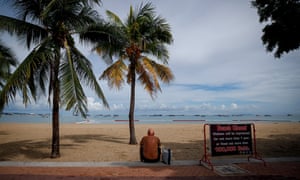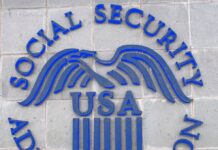Thailand is positioning itself as a trusted destination for international tourists after travel restrictions ease, capitalising on its relative success in containing the coronavirus outbreak, industry officials say.
The Southeast Asian country, the first to report a virus case outside of China, wants to build on its reputation and remake its popular image as a destination for big tour groups.
“After Covid eases, we plan to refresh the country’s image to a trusted destination where tourists will have peace of mind,” Tanes Petsuwan, the Tourism Authority of Thailand’s (TAT) deputy governor for marketing and communications, told Reuters.
The campaign, to be launched later in the year, will be aimed at young affluent travellers from places that are considered low-risk such as China, South Korea and Taiwan, Tanes said.
It will highlight scenic beaches and parks, part of a “tourism bridge” that could emerge in Asia including Hong Kong and Japan.
The government has rolled out a health certification system for hotels and restaurants so that travellers can be reassured.
Southeast Asia’s second-largest economy has so far reported just over 3,100 cases and 58 deaths – far less than other major regional economies, except for Vietnam.
Local transmission has waned, with the last recorded case on 25 May.

The tourism industry, which accounts for 12% of the economy, collapsed after the outbreak escalated.
Thailand welcomed 39.8 million foreign tourists last year but projects as few as 14 million for 2020.
Thailand has banned international flights until at least 30 June, and foreign tourists aren’t expected until later in the year.
In the meantime, the government is drawing up a stimulus package to promote domestic tourism from July to October.
But when international travel resumes, Thailand will promote the “trust” concept, as hotels emphasise measures they are taking for safety and offer special packages.
Central Plaza Hotel, which manages 46 hotels and resorts across Thailand, will seal rooms once they are cleaned and disinfected so guests will be confident, deputy CEO Markland Blaiklock told Reuters.
“We may limit occupancy at 50% on some properties so guests experience social distancing that they are comfortable with,” he said.
But it’s unclear if travellers will be at ease before a coronavirus vaccine is available, which experts say is at least a year away.








